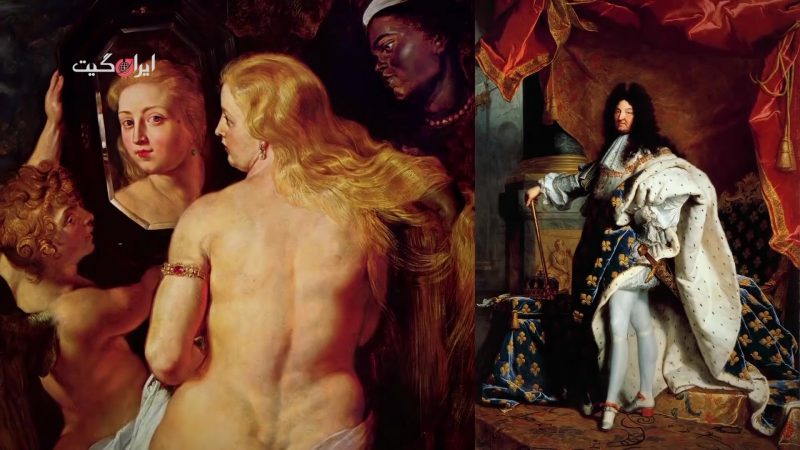Marquis de Sade: The Monster of Literature
Browsing through history reveals to us the widespread and strong belief that stories and novels have the power to corrupt their readers. For instance, Jean-Jacques Rousseau, the French philosopher of the 18th century, claimed in the preface of his book ‘Julie, or the New Heloise’ that virtuous girls have never read books. The simultaneous presence of these beliefs with the emergence of Marquis de Sade, one of the monsters of erotic literature, makes it clear to us how shameless and harmful to society his writings were considered. So much so that twenty years after his death, his works were still deemed more wicked and criminal than the acts of actual criminals, because books do not perish.
Story as a Destroyer of Morals
His confrontation with such a society can be seen in the sentences he wrote in the preface of his book ‘Philosophy in the Bedroom’: ‘Oh libertines of all ages, of every sex, I present my book to you as a gift so that you may use its principles and strive to satisfy your desires—desires that your foolish reformers frighten you with, yet are merely tools of nature through which human destiny is fulfilled.’ In this light, did Sade believe in the power of his stories to influence or corrupt his readers? In his book ‘Justine, or the Misfortunes of Virtue’, he asks through one of the monks, ‘Can we become anything other than what we are?’
In this book, Sade equates the virtue that Justine insists upon with the oppressive system of the church, which views pain and suffering as means to ascension and elevation—a pain intertwined with the lustful desires of abusive priests. However, it is, in fact, a clear critique of the masochistic view of religion.
Marquis de Sade and Prison Literature
Discussing Sade’s life and the dimensions of his works and thoughts requires more space than a single issue, but first and foremost, it should be noted that due to his constant transgressions and morally scandalous acts, he spent nearly thirty years of his seventy-four-year life in prison. Thus, in addition to their unrestrained and unconventional nature, his works should also be classified under prison literature. His most horrifying book, ‘The 120 Days of Sodom, or the School of Libertinage’, was written in the Bastille prison over the course of 37 days. This book portrays themes of fetishism, domination, and deviation intertwined with sexual abuse, violence, and murder—a terrifying and shocking display of all that humanity can imagine in terms of disgrace and shamelessness regarding sexual matters.
Marquis de Sade and His Influence on Literature and Cinema
Today, the name Marquis de Sade is intertwined with many interpretations and readings in popular culture, such as the term ‘sadism’, which is considered an extreme sexual desire or, in some interpretations, a form of sexual deviation. However, beyond these superficial readings, we can trace this writer’s influence on the path that led to the removal of barriers for subsequent writers in expressing artistic and literary sensual desires.
The life, works, thoughts, and influences of Marquis de Sade on other writers have repeatedly served as the basis for the creation of artistic and literary works, each reflecting various aspects of his works depending on the cultural and intellectual backgrounds of their creators. Luis Buñuel, Jesús Franco, Nagisa Oshima, Pasolini, and Philip Kaufman are among these artists.
Degenerate pornographer, heartless madman, sexual deviant, rapist, and murderer are some of the attributes that have described Marquis de Sade for over two centuries. On the other hand, some French surrealists in the early 20th century regarded him as a prophet of freedom, placing him among the saints. Despite all this, beyond these worn-out and careless labels, what is clear is the significance of his role and presence in erotic literature, and his image, which continually changes according to the diversity of these various interpretations.

